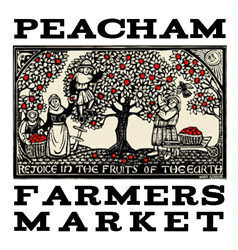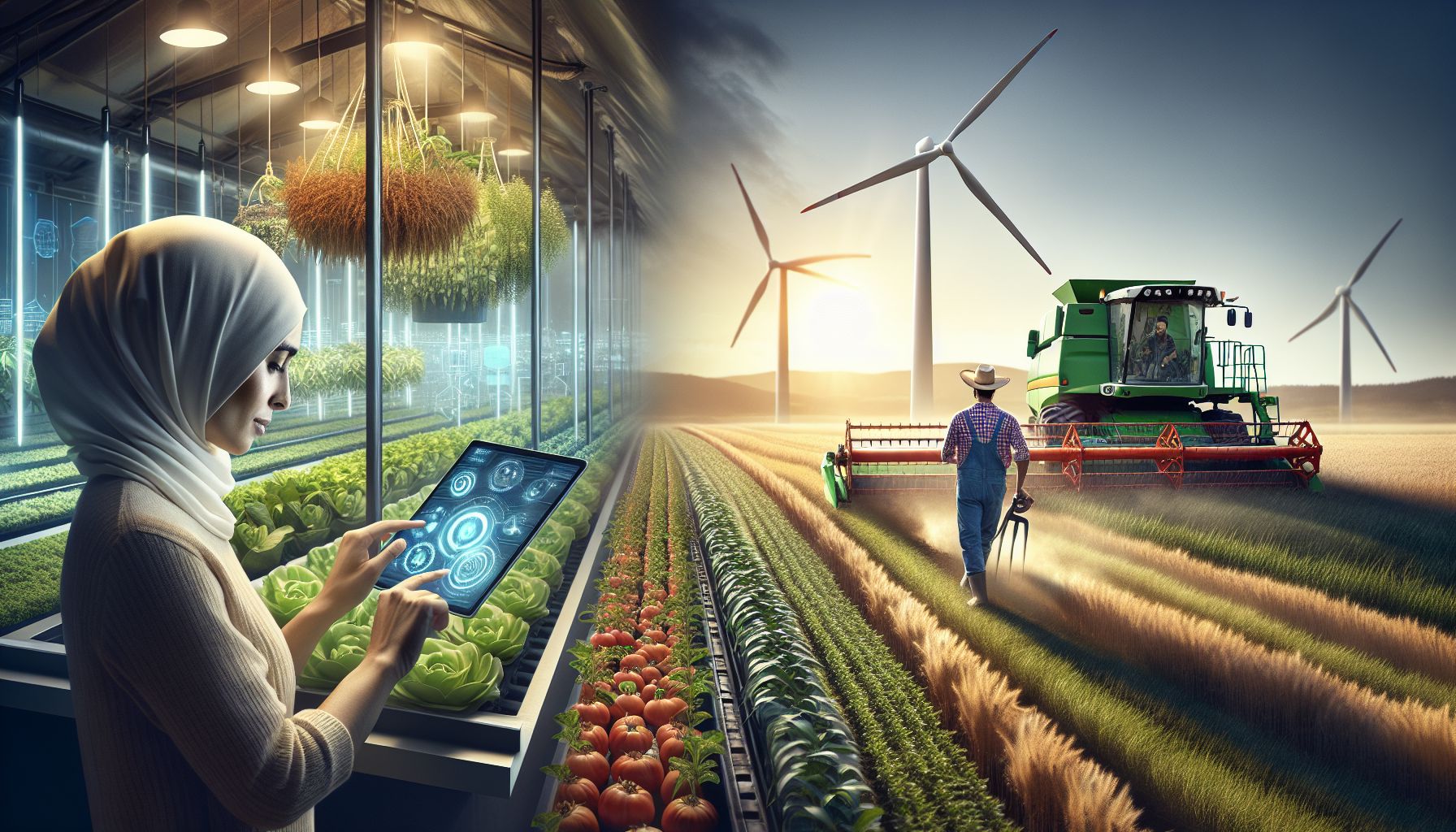Farming has been the backbone of human civilization for thousands of years. It is not only a source of food and livelihood but also deeply intertwined with our economies and ecosystems. As the world population continues to grow, the demand for sustainable and efficient farming practices has become more crucial than ever. In this blog post, we will explore the latest trends in sustainable agriculture, the challenges faced by modern farmers, and the impact of farming on the environment.
 Sustainable farming practices have gained significant attention in recent years as we strive towards a more eco-friendly and ethical approach to food production. The rise of organic farming, crop rotation, and the use of natural fertilizers are some examples of sustainable farming practices. These methods not only benefit the environment by reducing chemical pollution and soil erosion but also produce healthier and more nutritious crops.
Sustainable farming practices have gained significant attention in recent years as we strive towards a more eco-friendly and ethical approach to food production. The rise of organic farming, crop rotation, and the use of natural fertilizers are some examples of sustainable farming practices. These methods not only benefit the environment by reducing chemical pollution and soil erosion but also produce healthier and more nutritious crops.
However, implementing sustainable practices can be challenging for farmers. Many face financial burdens as they transition from conventional to sustainable methods. In addition, unpredictable weather patterns and pests pose a significant risk to their crops, potentially leading to reduced yields and financial losses. To overcome these challenges, farmers are turning towards technology to optimize their processes.
The use of technology in agriculture has allowed farmers to improve their efficiency and productivity while also reducing resource waste. Drones equipped with cameras and sensors help farmers analyze their fields and identify areas that need attention. This data is then used to create customized soil management strategies, minimizing the use of water and fertilizers, and ultimately reducing costs. Moreover, precision farming techniques, such as the use of GPS and advanced irrigation systems, reduce the environmental impact of farming by targeting specific areas and minimizing water and chemical usage.
Despite the adoption of sustainable practices and technology, modern farmers face other challenges, such as fluctuating market prices, labor shortages, and the current pandemic. The closure of restaurants and other food establishments has severely affected small-scale farmers who rely on these markets for their livelihood. They are also facing difficulties in getting the necessary labor due to travel restrictions and job insecurity. As a result, the future of farming seems uncertain for many.
The impact of farming on the environment is undeniable. According to the Food and Agriculture Organization of the United Nations, agriculture is responsible for 18% of global greenhouse gas emissions, making it one of the largest contributors to climate change. Moreover, the use of chemical fertilizers and pesticides has led to the contamination of water bodies and soil, negatively affecting biodiversity. As we look towards a more sustainable future, it is vital to address these environmental concerns and encourage farmers to adopt eco-friendly practices.
In conclusion, farming plays a vital role in providing food for our growing population and shaping our economies and ecosystems. With an increasing demand for sustainable practices, the use of technology, and the numerous challenges faced by modern farmers, finding a balance between sustainability and efficiency is essential. As consumers, we can support sustainable farming practices by choosing local and organic produce, reducing food waste, and educating ourselves about the impacts of our food choices. Let us work towards a future where farming is not only sustainable but also beneficial for the environment and the communities it supports.

